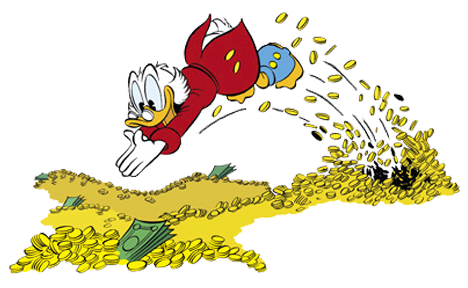
With Canadian policy makers led by Governor Stephen Poloz increasing the benchmark overnight rate to 1.25 percent last week, marking the highest level since the global recession and their third hike since July Canada also became the first major central bank to move ahead with a rate increase in 2018.
As a collection agency in Edmonton, Calgary and the GTA we are watching with keen interest the unfolding of events with respect to these phenomenon and their impact (or lack thereof) on Canadian credit markets.
However central bank officials also repeated their dovish language about moving ahead cautiously and warned they expect the economy will require continued stimulus to remain at capacity. In an official statement from Ottawa they indicated that;
“While the economic outlook is expected to warrant higher interest rates over time, some continued monetary policy accommodation will likely be needed to keep the economy operating close to potential and inflation on target.”
“Governing Council will remain cautious in considering future policy adjustments.”
These actions and statements seem paradoxical, but at the same time we can understand why.
Pain now, or pain later is the question. Consider interest rate policy, in its base form, is simply an encourager or discourager for us on Main Street to ‘steal from our future consumption’. Once considering our ever increasing debt levels a lot of future consumption has been stolen over the last number of years!
Increasing rates inevitably makes further borrowing more difficult. The inability to steal from our future consumption will naturally create a consumption void (recession or worse) at some point.
Our proxy for Main Street sentiment from our post last week confirms our doubts in what truly has been gained from almost a decade of low rate policy.
Even those of us who have stewardly avoided debt accumulation are not immune. With the inflationary effect of asset prices being the only real benefit of low rates now disappearing, along with aggregate demand supporting current values becoming tested, we will soon come to realize that we were never really as wealthy as we thought we were. In other words, in the future, people will be prepared to pay much less for something we own now in comparison to what we think it’s worth today.
Because of this, both borrowers and accumulators will feel the impacts of this cyclical change. Any believers in such a thing as an engineered ‘soft landings’ being possible will be disappointed. Sentiment change is a funny thing on the way down and historically, doesn’t seem to be engineerable. Down crashes happen frequently, up crashes never. Even the slope of a parabolic rise doesn’t quite qualify as an ‘up crash’.
In conclusion we are left to conclude, contrary to Scotiabanks “You’re richer than you think” marketing campaign, you’ll soon come to recognize that “You’re not as rich as you think”